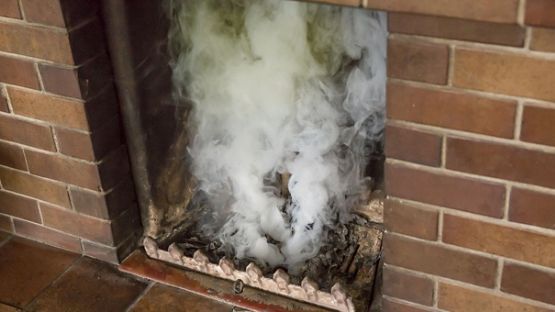Meet Jill*. Jill purchased a new car and needed auto insurance. She searched on Google and found Fred*. Fred advertised on social media he sold insurance for a “really good price.” Jill called Fred to purchase auto insurance. Fred asked her a number of questions, including personal information and driving history. Jill agreed to pay Fred on a monthly basis via e-transfer. Several months later, Jill got into a car accident. Jill called, who she believed to be, her insurance company and the insurance company advised Jill that they had no record of her in their system. Jill thought, “how could this be, I pay my insurance premiums on time every month?”
Unfortunately, it appears Jill has fallen victim to a “Ghost Broker.”
What is a “Ghost Broker”?
Ghost Brokers are individuals who disguise themselves as insurance brokers and wrongfully interact with the public under the false pretext of selling insurance. They blatantly defraud the public, by letting on they are selling insurance when, in fact, they don’t represent an insurance company at all. They are simply selling fraudulent insurance and looping innocent people into their scams. Unfortunately, this type of fraud has left well intentioned victims, like Jill, thinking they had insurance, when they actually don’t have insurance coverage for their auto, home or other insurance needs.
Not only can this type of fraud leave you uninsured and out hundreds, possibly thousands of dollars, but it could leave you legally vulnerable. For example, to operate a vehicle in Canada, your car must be insured. Vehicle owners must carry liability insurance and one can face significant legal repercussions for failing to have insurance coverage. Another example is mortgagees often require homeowners to carry home insurance, so that in the event of a loss, home assets are fully protected and home equity preserved.
Ghost Brokers may also provide you with fake insurance documentation that appears authentic and legitimate. This fraudulent documentation could include a policy and a “pink slip.” A “pink slip” is also known as a liability slip. These slips have your name, mailing address, vehicle information, insurance company, and policy information. Unfortunately, these insurance coverage slips are susceptible to being fraudulently created and counterfeited.
How can you protect yourself from fake insurance coverage?
When purchasing auto, home, or other insurance, it is important to speak with an insurance professional who is properly licensed and qualified to sell insurance. Only purchase insurance from a brokerage or agent you trust. Otherwise, you may fall victim to insurance fraud.
To confirm a specific insurance broker’s license status, please refer to the licensing body within your province. Often the website will have a search function where you can confirm a specific broker’s status. You can also ask the broker or agent for his or her license number and cross reference this number on the licensing body website. Purchasing insurance from a licensed broker will help ensure that your auto or home will be covered in the case of a loss.
To find a trusted insurance brokerage, who works on behalf of Aviva, please click here.
If you suspect anyone of Ghost Brokering or you have fallen victim to a Ghost Broker yourself, report it right away to your local police and the Insurance Bureau of Canada (IBC) at 1-877-IBC-TIPS (1-877-422-8477).
If you suspect you have become a victim of a Ghost Broker, who allegedly used Aviva Canada, please report it to us here.
*Character names and story details are fictitious and were created for illustrative purposes only.













